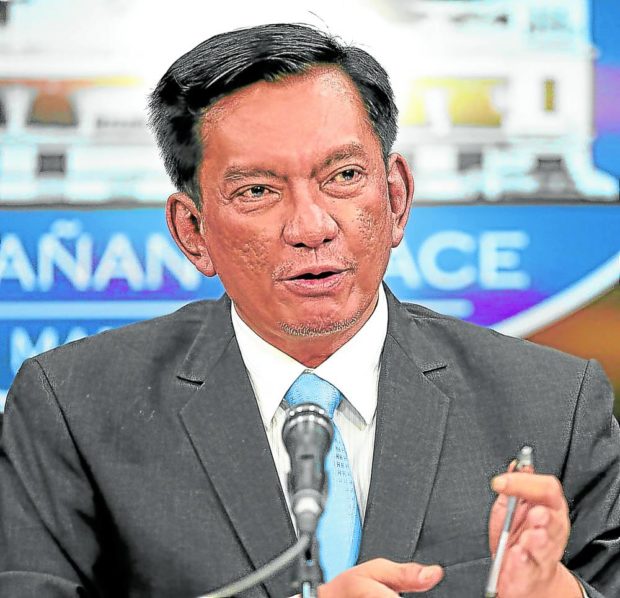Salceda: House still studying ‘best form’ of junk food tax

FILE PHOTO: Albay 2nd District Rep. Joey Salceda
MANILA, Philippines — Albay 2nd District Rep. Joey Salceda on Thursday said that the House tax panel is still studying “the best form of junk food tax,” however, it will prioritize taxing the wealthy first since it might generate more money than further levies on food.
This came after Budget Secretary Amenah Pangandaman revealed on Wednesday that the Department of Budget and Management has increased the proposed 2024 national budget due to the planned imposition of additional taxes on sweetened beverages and salty junk foods.
But Salceda added no proposals have so far been received from the Department of Finance nor the Department of Health regarding these additional taxes.
“We have not received the proposal yet. But when we do, it will go through the usual tests the committee applies. Who pays for it? What are its macroeconomic impacts? What are the costs and benefits? What are other countries doing? And what do we do if something goes wrong?” said Salceda, who chairs the House ways and means committee, in a statement.
He then added that the committee is “still studying the best form of a junk food tax, or whether to do it at all.”
Article continues after this advertisementJunk food tax may not be the best measure
According to Salceda, the decision on junk food, and sweetened beverages taxes will depend on data.
Article continues after this advertisementHe already noted that the Philippines is only at the median of obesity rates in the Association of Southeast Asian Nations, and has the highest taxes for sweetened beverages in the region.
“As for salt, we do exceed the 2 [grams] per day of sodium recommended by the World Health Organization. So, there is cause for government-led efforts to reduce consumption. But, we are also looking at research, and as for salt, it appears that the highest proportion of excess salt in diets come from added salt in food and sauces – so not necessarily ready-to-eat junk food,” said Salceda.
“In that sense, taxation might not be the best measure,” he added.
Salceda said that the House would also have to look at the inflationary impact of such a measure because “there will definitely be price implications on taxes on food.”
The House tax panel, said Salceda, would also have to consider “whether we are in line with the Medium-Term Fiscal Framework of the Marcos administration.”
“If deficit and debt figures are projected to be significantly higher than expected, then we will need fiscal consolidation efforts. That may include new taxes,” explained Salceda.
“Of course, we will also look at whether there are widely available and affordable alternatives. That’s why we are working with the Department of Social Welfare and Development to create a food stamp program that will make cheap healthy food available to underprivileged families,” he added.
House to prioritize wealth tax first
Salceda then stated that the committee will prioritize tax measures “that are clearly progressive and hit the rich first,” explaining that the House tax panel plans to discuss “motor vehicle user taxes, especially on heavier cars; and luxury goods taxes first” before it tackles taxes on food.
“Progressivity is definitely the first priority, because that is the only quality of tax measures that the Constitution specifically requires. So, taxes that hit the rich come before taxes that hit the family table,” said Salceda.
He then emphasized that “the Senate would also be well within [its] right to prioritize non-resident digital service provider VAT (value added tax).”
“Digital service providers VAT will probably be bigger and more effective at raising revenues than new junk food taxes. And the progressivity and fairness considerations are clearer,” said Salceda.
RELATED STORIES:
DOH seeks higher taxes on sweetened beverages, junk food
More taxes eyed to raise funds to implement UHC Law